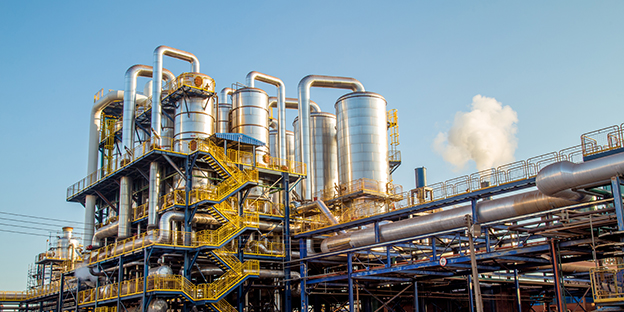Why RPA can transform Ethanol Manufacturing Plants

Real-time process monitoring
Enables faster decision-making by flagging deviations or inefficiencies in fermentation, distillation, or dehydration stages.

Regulatory Compliance & Reporting
Generation and submission of regulatory documents (e.g., pollution control data, ethanol blending ratios, excise returns), Cost Reduction: Lowers operational costs by streamlining maintenance and monitoring performance.

Quality Assurance Automation
RPA streamlines data collection and reporting from lab tests during various production stages.

Cost & Labor Efficiency
Lowers operational costs while improving workforce productivity.



